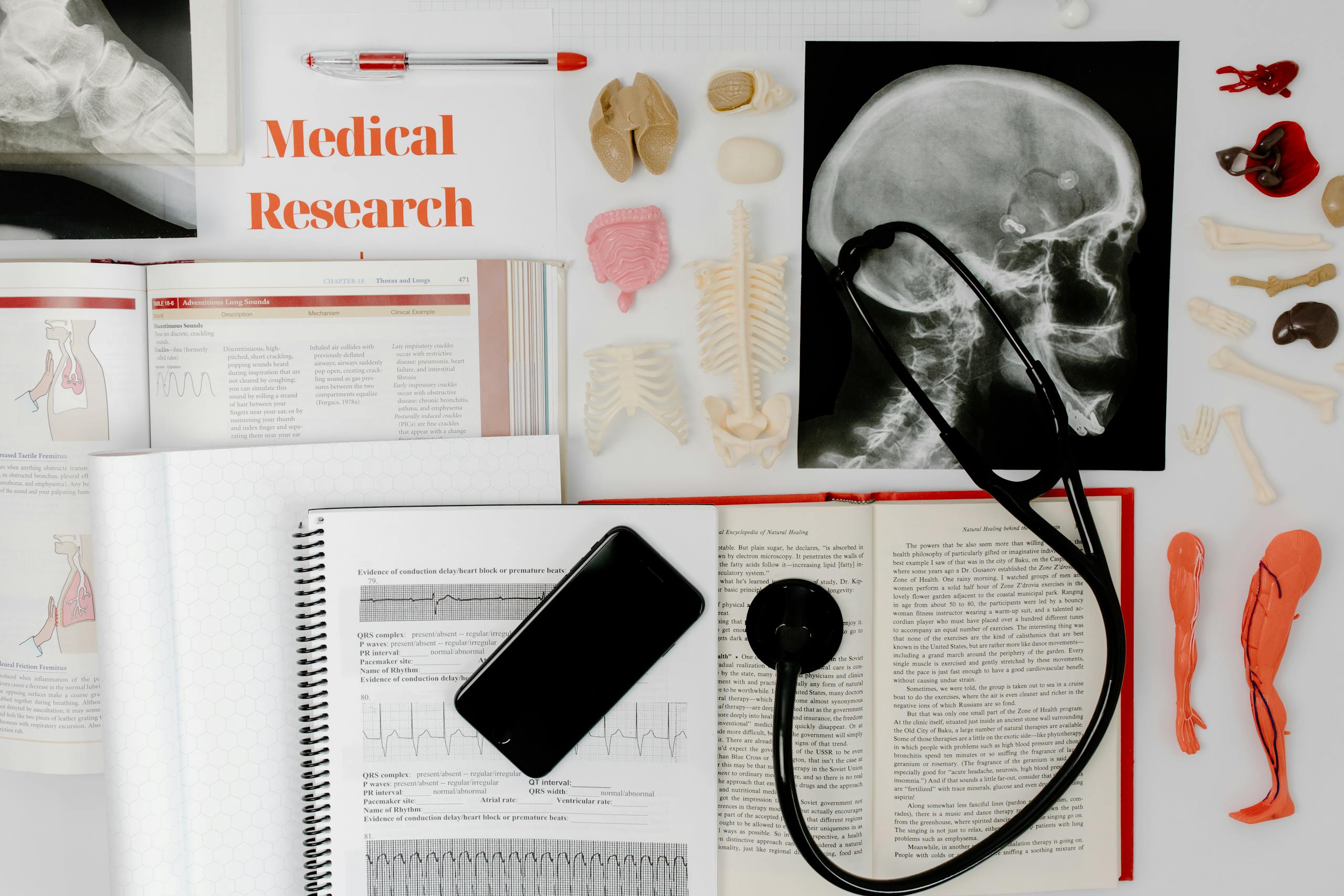Amazing Studies About the Human Brain: What Have Scientists Discovered?🧬
The human brain is often described as the most complex object in the known universe—and for good reason. This organ, which weighs just about 1.4 kilograms, powers everything we do: thinking, feeling, decision-making, and creating. Over the years, scientists have made astonishing discoveries that continue to reshape our understanding of how the brain works. From decoding how memories are stored to exploring how the brain can rewire itself after trauma, neuroscience is one of the most exciting frontiers in modern science.
But the journey into the brain’s mysteries doesn’t stop there. Recent studies even show how the brain responds to digital overload, how it processes emotions in real-time, and how artificial intelligence might one day simulate or even enhance brain functions. With each breakthrough, we get a step closer to unlocking the secrets of human potential. In this blog, we’ll dive into some of the most amazing studies about the human brain and explain what they mean for our everyday lives, our future in health care, and even our relationship with technology. Buckle up—your brain is in for a treat!
1. The Brain Can Rewire Itself: Neuroplasticity Research
One of the most groundbreaking revelations in modern neuroscience is the concept of neuroplasticity—the brain’s ability to reorganize itself by forming new neural connections. This means your brain is not static; it constantly adapts based on experiences, learning, and even trauma.
A famous study published by NIH found that stroke victims could regain motor function by engaging in repetitive, focused exercises that trained new areas of the brain to take over damaged regions.
2. Memory Isn’t Stored in One Place
Forget the myth that memories are stored like files in a cabinet. Scientists have discovered that memory formation is a complex process involving multiple brain regions—particularly the hippocampus, amygdala, and prefrontal cortex.
A Scientific American report explains how memories are encoded as neural patterns and how retrieving them reactivates those patterns. This explains why memories are often reconstructed rather than recalled with perfect accuracy.
3. Emotions and Rational Thinking Are Deeply Connected
Contrary to popular belief, emotions aren’t enemies of reason. Brain imaging studies using fMRI show that the prefrontal cortex (responsible for logic) and the limbic system (emotion center) are closely intertwined.
For instance, a study by the American Psychological Association demonstrated that emotional input enhances decision-making, especially in social contexts. Emotions actually provide context that allows the brain to make faster and more appropriate decisions.
4. The Brain Can Change With Meditation and Mindfulness
Another fascinating area of study is how practices like mindfulness and meditation affect the brain. Research from Harvard University showed that as little as 8 weeks of mindfulness training can increase the density of gray matter in brain regions associated with memory, empathy, and stress regulation.
This has implications not just for mental health but also for productivity, creativity, and focus.
5. Artificial Intelligence and the Brain
One of the most futuristic studies involves the intersection of the human brain and artificial intelligence. Scientists are working on brain-computer interfaces (BCIs) that can decode brain activity and translate it into machine-readable signals.
Elon Musk’s company Neuralink is one example aiming to treat neurological conditions and enhance human cognition. These technologies could potentially help paralyzed individuals communicate or control devices just by thinking.
6. Sleep and Brain Health: A Two-Way Street
Sleep isn’t just about resting. During deep sleep, the brain performs critical functions like consolidating memories and clearing out toxic proteins that could lead to diseases like Alzheimer’s.
A study by NIH highlighted the importance of the glymphatic system, which is more active during sleep and plays a vital role in detoxifying the brain.
7. The Teenage Brain Works Differently
Teenagers aren’t just being dramatic—their brains are literally wired for emotional intensity and risk-taking. Neuroscientific studies have shown that the prefrontal cortex, responsible for decision-making and impulse control, is not fully developed until the mid-20s.
This insight can help parents and educators adopt more effective communication and discipline strategies tailored to adolescent brain development. Read more about brain development in teens on APA Monitor.
8. Music and the Brain: A Symphony of Activity
Listening to or playing music activates multiple areas of the brain at once, including those responsible for emotion, memory, and motor control. This discovery has made music therapy an effective tool in treating brain injuries, Alzheimer’s disease, and even depression.
According to a study from PMC, stroke patients who listened to music daily showed faster recovery of verbal memory and focused attention compared to those who didn’t.
9. Gut-Brain Connection: Yes, It’s Real
Another wild scientific revelation is that your gut and brain are in constant communication. Known as the “gut-brain axis,” this connection plays a significant role in mood, cognition, and overall brain health.
Research from Frontiers in Neuroscience found that the gut microbiome influences neurotransmitter levels, such as serotonin, which can affect depression and anxiety symptoms.
Conclusion
The human brain continues to amaze scientists and researchers around the world. With every new study, we discover not just how this powerful organ works, but also how we can improve our mental health, decision-making, and even relationships through understanding it better.
From neuroplasticity and memory to AI and the gut-brain connection, the brain holds keys to many mysteries yet to be unlocked. Stay curious—and never stop learning about the incredible machinery inside your head.
Want more mind-expanding content like this? Join our WhatsApp community here 🧠💬


